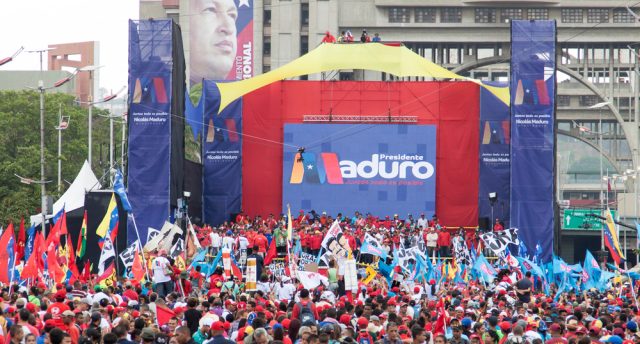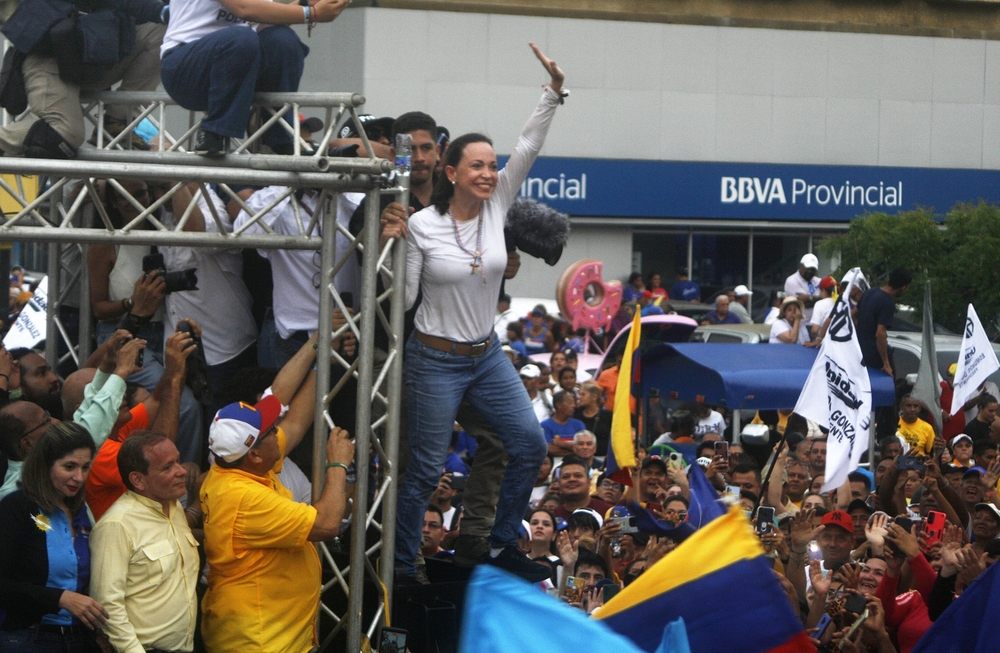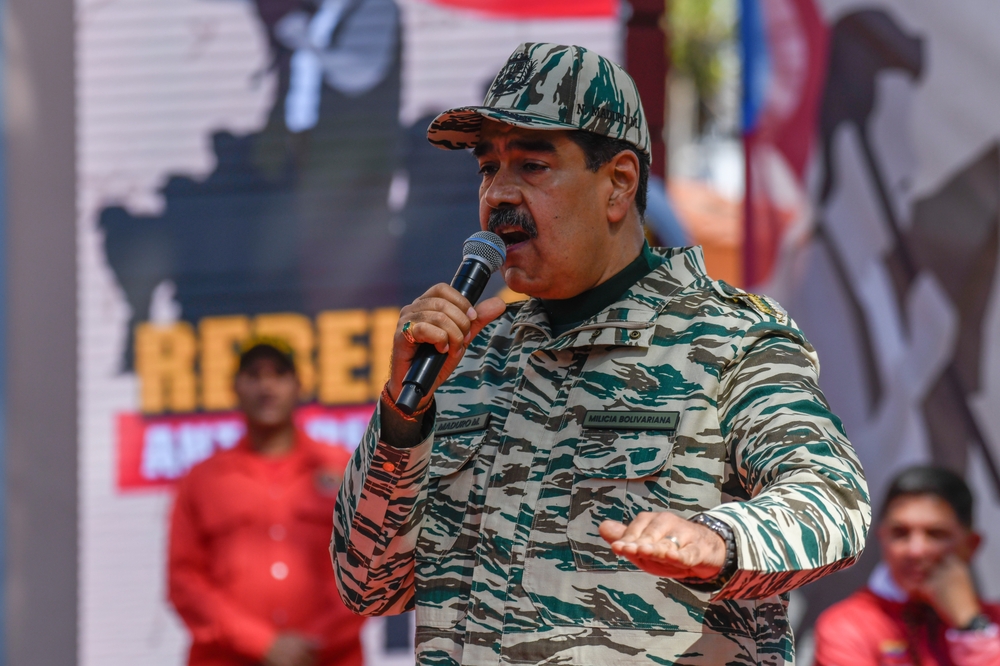
Controversial Re-election Amid Fraud and Human Rights Violations
The presidential elections in Venezuela on July 28, 2024, were a significant turning point in the nation’s ongoing crisis. The controversial re-election of Nicolas Maduro, amid widespread skepticism from international observers, was marred by the violent suppression of opposition candidates. Their allegations of electoral fraud further exacerbated the already grave economic instability in the country.
The National Electoral Council (CNE) has come under criticism for its lack of transparency, with reports indicating that over 100 campaign activists were imprisoned ahead of the elections. There are concerns about the influence of Maduro’s supporters on the electoral process, including allegations of voter coercion and fraud.
Allegations of fraud surfaced, particularly after EU observers were excluded by the National Electoral Council (CNE). Despite this, the opposition remained steadfast in their support for their candidate, González. The CNE declared Maduro the winner with 51% of the votes, while González received 44%. However, graphics released by Venezuelan state TV showed that the total percentage of votes for all candidates exceeded 100%, indicating confusion in the allocation of votes. The opposition expressed skepticism about the results and reported a different outcome after a recount, emphasizing the credibility of the results obtained directly from the polling stations.
Sure, here’s a revised version of the text:
Protests immediately erupted in Caracas as citizens, distrustful of the electoral process, called for greater transparency. The opposition urged the population to remain calm and avoid clashes, while not denying the accusations of irregularities. Reactions from abroad have been mixed: the United Nations is demanding that the results be broken down by polling stations for the legitimacy of the elections to be assessed. Additionally, Latin American countries have requested an emergency meeting to address the situation. This request comes from both countries with a right-wing political majority (Argentina and Uruguay) and countries aligned with the left (Chile). Meanwhile, Brazil has remained completely silent.
 The European Union has condemned the exclusion of former MP Maria Corina Machado from the election race and is considering taking action for the violation of political rights. The outcome of the vote will have regional implications, potentially leading to a radical change or the consolidation of Maduro’s power.
The European Union has condemned the exclusion of former MP Maria Corina Machado from the election race and is considering taking action for the violation of political rights. The outcome of the vote will have regional implications, potentially leading to a radical change or the consolidation of Maduro’s power.
Machado’s disqualification was perhaps the event with the greatest resonance and impact in these elections: ahead of Maduro with over 40% of the vote, she was declared ineligible for 15 years for having supported US sanctions against, not coincidentally, Maduro himself. In addition, in the final months of the campaign, Machado and his supporters suffered arrests, intimidation, and acts of vandalism, acts that hindered the opposition’s electoral campaign and forced it to reorganize around a lesser-known candidate like González.
Despite widespread discontent among the population, fear and repression have hindered mobilization, leaving the opposition in a vulnerable and uncertain position in the current political context. Maduro, strengthened by the boycotts, has centered his campaign around the figure of the socialist military and former dictator Hugo Chavez. The elections, in fact, fell on the 70th anniversary of Chavez’s birth. This event allowed Maduro to capitalize on the resulting symbolism by promising a clearly utopian economic stability in a socio-economic context characterized by hyperinflation, food shortages, and an exodus of 7 million Venezuelans.
 With Maduro’s re-election, Venezuela is facing new challenges. Domestically, the repression of the opposition is expected to continue, and the economic crisis shows no signs of improvement. Internationally, there is a possibility that international sanctions will be intensified, and the lack of electoral legitimacy could isolate the government.
With Maduro’s re-election, Venezuela is facing new challenges. Domestically, the repression of the opposition is expected to continue, and the economic crisis shows no signs of improvement. Internationally, there is a possibility that international sanctions will be intensified, and the lack of electoral legitimacy could isolate the government.
In conclusion, the Venezuelan presidential election represents a crucial moment after a quarter of a century of Chavista rule. Despite the challenges, the united opposition hoped to take advantage of the discontent to defeat Maduro. However, the controversial result and allegations of fraud have fueled new tensions in an already deeply divided country, with serious concerns about democracy and human rights. The international community will continue to monitor the situation as the Venezuelan population faces the consequences of an economic and political crisis with no apparent end in sight.



 Subscribe
Subscribe